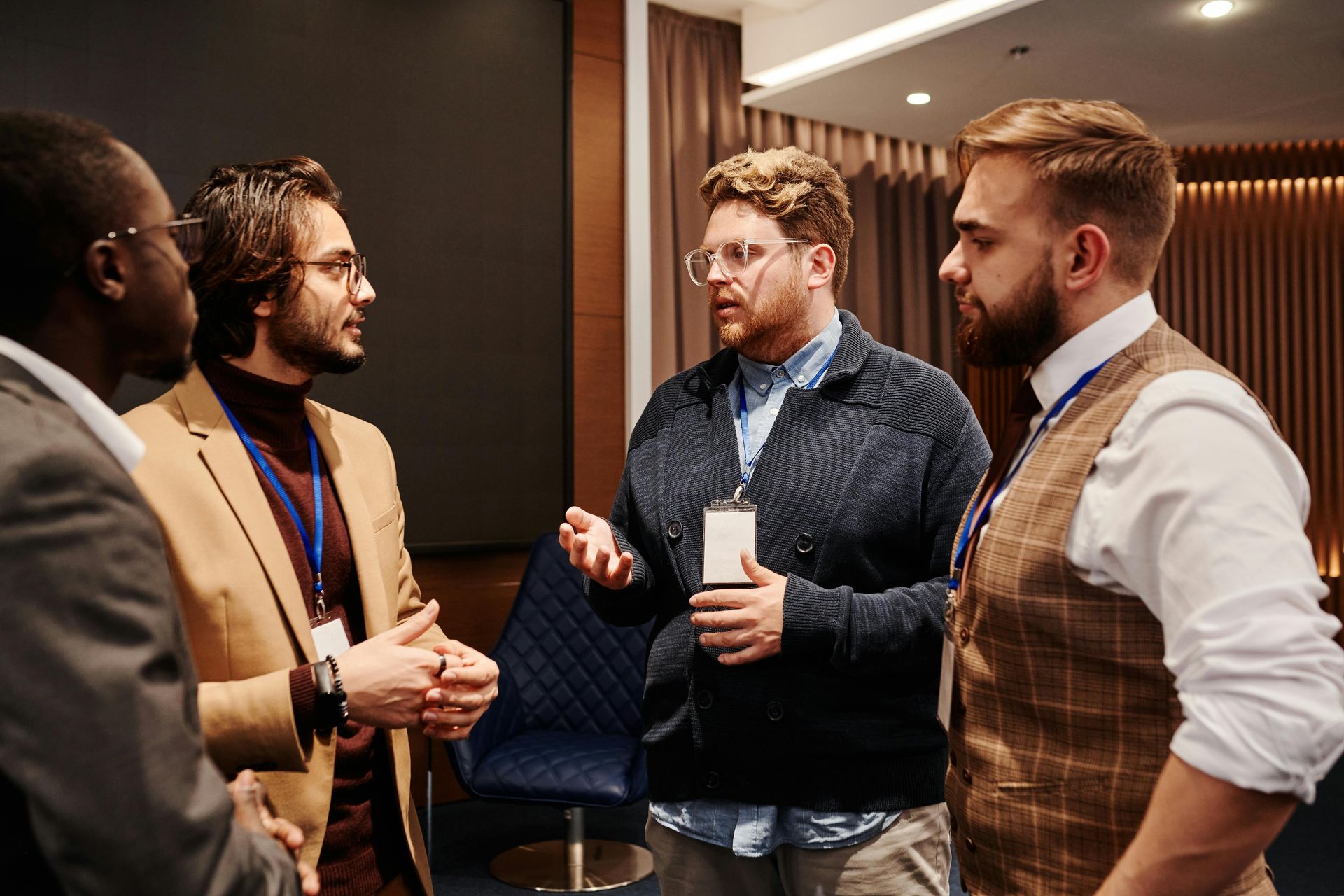Contact Us
Phone:
Email:
Location:
1234 Street Name, City, State 12345
Hours:
Mon - Fri 8am to 4pm
The Supreme Court Could Weigh In On Whether Colleges’ Speech Police Are Legal

By Brandon Poulter
Daily Caller
October 1, 2023
The Supreme Court could weigh in on the constitutionality of so-called bias response teams at colleges in the U.S., which free speech organizations say are used to discriminate against political viewpoints and to chill free speech.
Bias response teams are systems created to monitor alleged biased speech on college campuses, which often end up with students reporting other students for politically disfavored speech, according to the Foundation for Individual Rights and Expression (FIRE). Students are then brought before administrators in what can be a long-drawn-out process that discourages students from speaking their minds and expressing disfavored viewpoints, which free speech advocates argue violates the First Amendment.
The Alumni Free Speech Alliance, a group of over a dozen free speech alumni organizations, alleges that bias response teams are used to target individuals and often cause students to self-censor, resulting in less intellectual freedom on campuses. The groups filed an amicus brief to the Supreme Court in support of advocate group Speech First, which is suing Virginia Tech over its bias-response team.
“In history, it’s always repressive regimes that pick a scapegoat and sometimes not even with aforethought. It just happens they rile up the crowds against them. And that’s what these bias systems are used for,” Chuck Davis, president of the Alumni Free Speech Alliance, told the DCNF.
The number of bias response teams at public and private American colleges and universities was 232, according to FIRE. That number nearly doubled to 456 by 2022, according to Free Speech Alliance.
“The goal of these teams is censorship,” FIRE Program Officer Zach Greenberg, told the DCNF.
“These bias response teams have been used to report on group chats and even by third parties walking by on campus,” Greenberg continued.
By policing the expression of bias, these bias response teams are violating the First Amendment, Greenberg explained. Speech which might be perceived as discriminatory or as an expression of bias, such as political speech or offensive jokes, is protected by the First Amendment.
For example, Gonzaga University, which has a bias response team, defines a bias incident as “non-criminal conduct, speech, or expression” that is motivated by “prejudice” because of “real or perceived characteristics,” according to their website. This then triggers a review of the incident, which may or may not result in an “educational conversation” or referral to another office.
“Being investigated is the punishment,” Eric Rasmusen, former economics professor at UCLA and member of the MIT Free Speech Alliance, told the DCNF.
At one incident at the University of Northern Colorado, a professor challenged his students to read a controversial book with the intent of discussing difficult topics and discussing why they were difficult to talk about, only to be reported to the bias response team for alleged offensive behavior, according to National Review.
“It’s well within the professor’s right to recommend controversial classroom materials,” Greenberg told the DCNF.
In the case of Virginia Tech, the Fourth Circuit Court of Appeals said the bias response team was not unconstitutional since it does not directly punish students. Virginia Tech’s bias response team accepts anonymous tips about other students, and once had a website up which said students could report on things from “jokes that are demeaning to a particular group of people” to “hosting a culturally themed party.”
In a separate case regarding Michigan University’s bias response team, Speech First challenged the team’s definitions as being overly broad, according to court documents. The Sixth Circuit Court of Appeals found that the university’s bias response team was likely to chill speech.
Universities sometimes acknowledge that their bias response system may conflict with the freedom of speech.
“The expression of an idea or point of view some may find offensive or inflammatory is not necessarily a bias-related incident. While this value of openness protects controversial ideas, it does not protect harassment or expressions of bias,” reads Wake Forest University’s bias response system’s website.
“Free speech absolutely protects the expression of bias,” Greenberg told the DCNF.
“In the real world, they’ll encounter hateful speech, and students need to be able to handle that,” Greenberg continued.
The Supreme Court Could Weigh In On Whether Colleges’ Speech Police Are Legal | The Daily Caller


Email:
Contact@dftdunite.org
Mailing Address:
PO Box 355
Davidson NC, 28036
Location:
Office Only - DO NOT MAIL
209 Delburg Street, Suite 107
Davidson, NC 28036
© 2022 All Rights Reserved | Davidsonians for Freedom of Thought and Discourse
Privacy Policy | Terms & Conditions | Disclaimer
Website powered by Neon One

